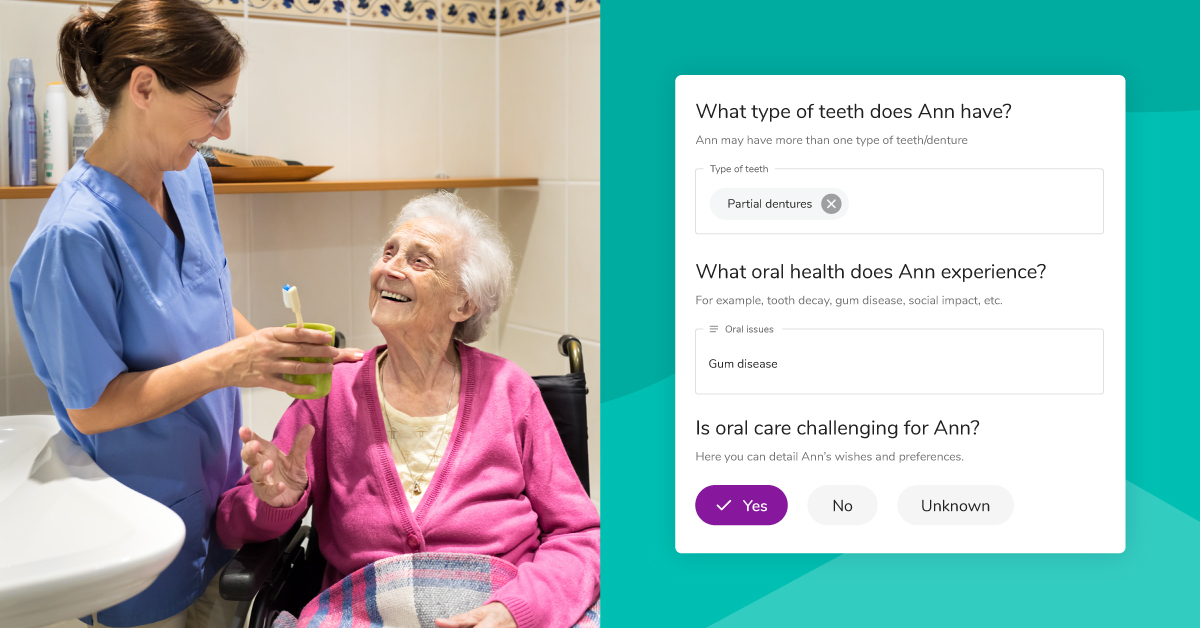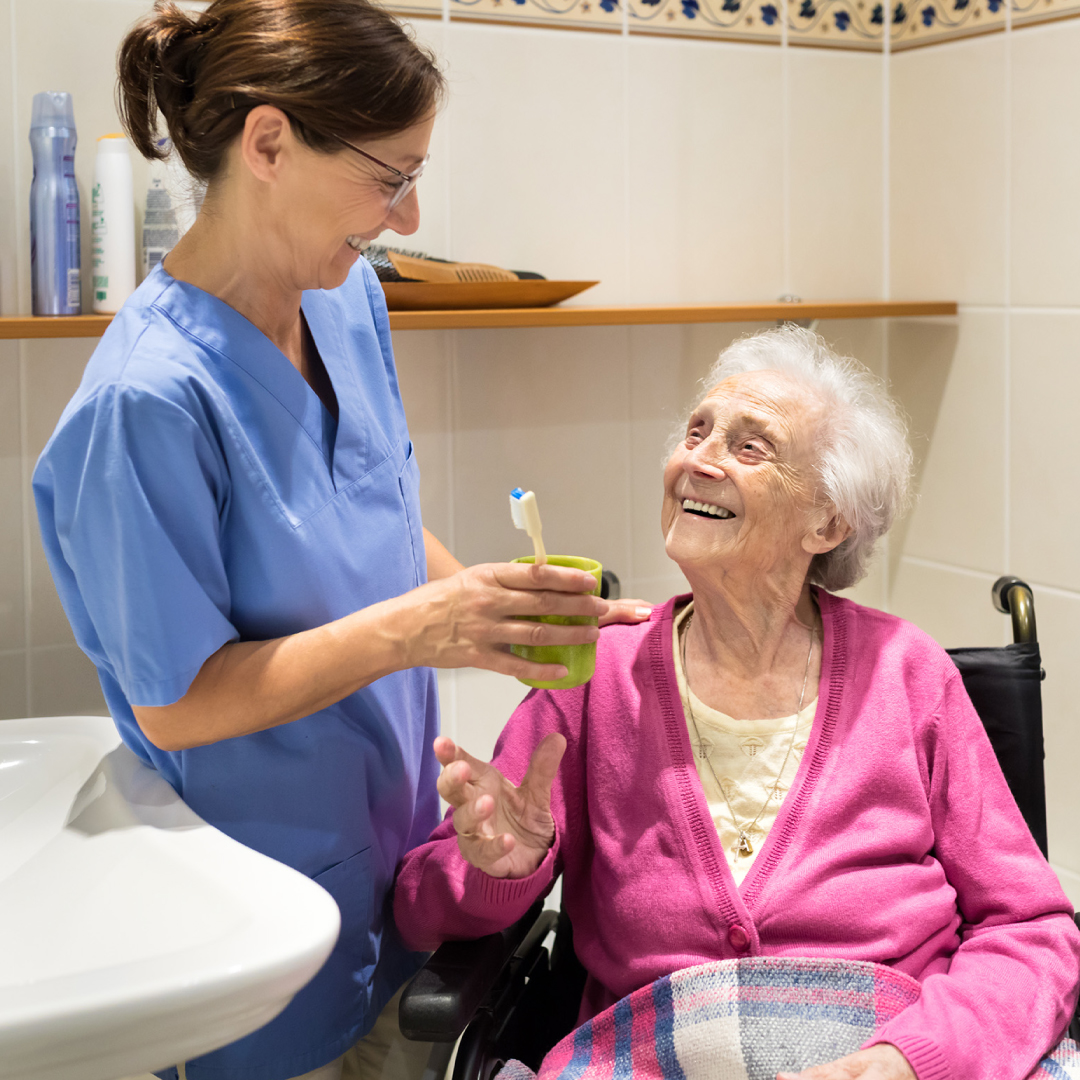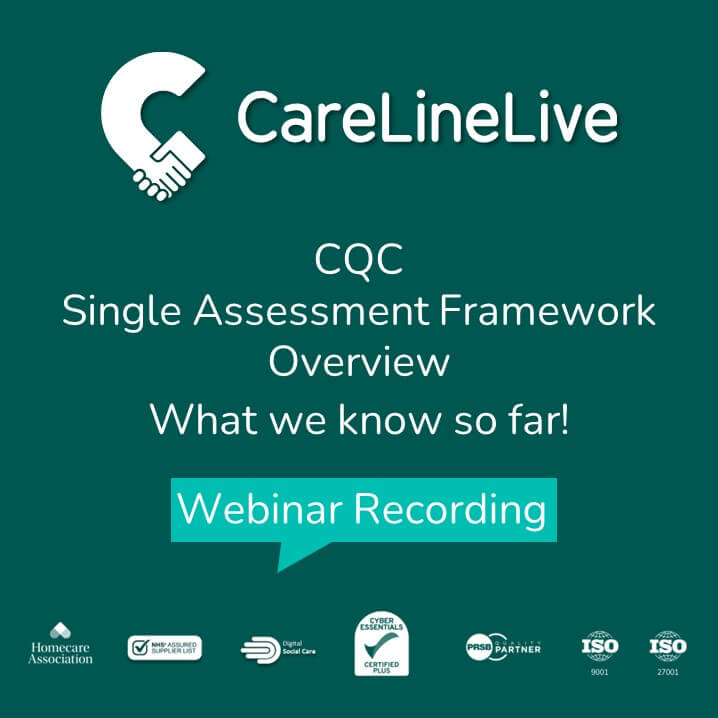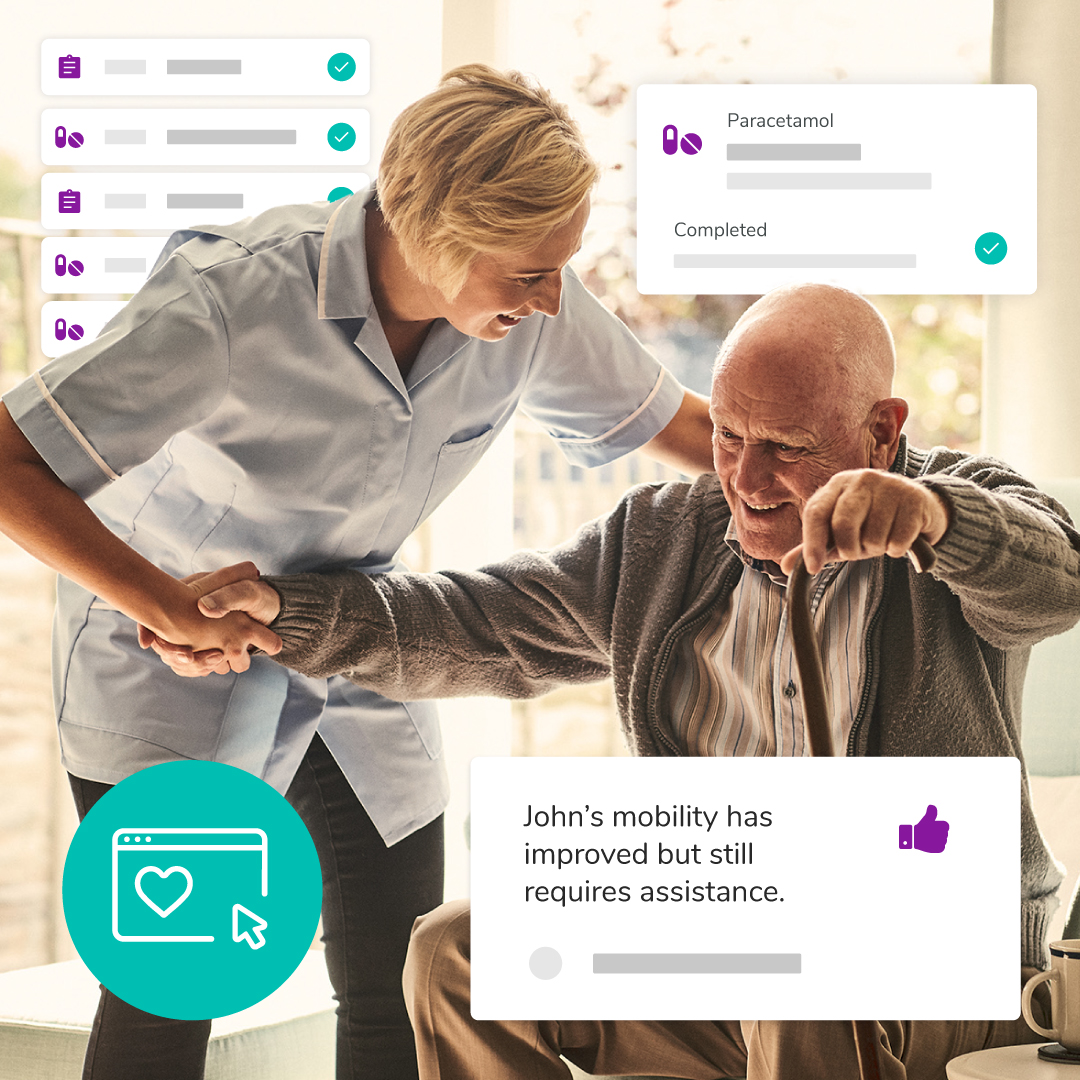Oral care can be a challenging area for providers, but this doesn’t have to be the case. Our research shows that many providers successfully achieve good outcomes by ensuring that people using services are supported with oral care.
The benefits include, keeping bacteria under control, prevention of gum disease, tooth decay and infections. However, there are still a significant number of providers both in residential and home care that haven’t established regular ‘best practice’. Consequently, if oral care isn’t a focus and doesn’t have continuity the implications are great and can include, general deterioration of health, tooth decay, gum disease, malnutrition, mental health issues and social isolation.
Best practice includes regular reviewing of oral health and making sure that people using services can connect to dental care, this is not always easy and very much dependent on individual circumstances and alas on the ability to physically access services.
I was reflecting on how people with specific requirements in my local community access NHS dental services, particularly in light of CQC promoting the need for providers to be much more in tune with local communities and the challenges faced by those trying to access local services across health and social care. Researching the local provision for NHS patients it was startling to find that many practices were not able to take NHS patients.
Currently, within a 10 mile radius of my work location, there are 50 dental practices. A significant number of practices were not accepting new NHS patients, some were accepting specific category patients.
| Patients categories | Number of practices |
| No new patients accepted | 27 |
| Accepting patients of any category | 13 |
| Accepting children under 17 | 7 |
| Accepting children under 17 | 3 |
I asked my dental practice about community and domiciliary dental services. I was informed that they weren’t aware of a domiciliary dental service locally. I was somewhat surprised, but understood when it was explained to me that the logistics of independent dentists doing home visits was not time or cost effective. Further research showed that private domiciliary dental practices do exist, however, they are relatively rare.
NHS domiciliary and community dental services
Our research revealed that there are NHS domiciliary services in some locations. Again, there aren’t many and of course there are limitations to the types of treatment that can be provided within a person’s home environment.
In addition to domiciliary dental services there are also community specialist dental services that specialise in individual dental treatment for people who have physical or mobility difficulties, sensory issues, learning disabilities, complex medical conditions, severe emotional or mental health problems.
Looked after children can also access these services. Accessing the service is on a referral-only basis. Referrals are accepted from, dentists, doctors, healthcare and social care professionals.
What are the steps to take to access domiciliary dental services?
Domiciliary dental services can be provided in a number of settings including; a person’s own home, residential accommodation, nursing homes and hospitals.
Eligibility criteria includes; people who are housebound or those who have complex needs or mobility difficulties, people who are housebound due to mental health illness and people who are in hospital or hospice either short or long term.
Accessing services is straightforward through referrals from a healthcare professional or self-referral by the patient, family member or a carer on behalf of the patient. The person making the referral will be asked a series of questions prior to a visit being arranged.
Three forms must be completed prior to the visit, two of which collect medical and social history information and the third being an NHS patient declaration form. It is noted that NHS dental charges do apply unless the patient is exempt from payment. At the time of the appointment a dentist and dental nurse will attend.
It is advisable to regularly assess service user’s oral health and to have the information available for visiting dentists, this will give them a full picture of areas of concern and challenges that individual service user experiences with oral care.
How can CareLineLive help?
The CareLineLive team have strived to ensure that our personal care assessment is comprehensive and as such, includes a section for the assessment of oral care. Assessors can capture lots of information that will shine the spotlight on good practice. It’s simple to create carer tasks that reflect the unique requirements of your clients in the Carer Companion App.





